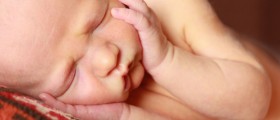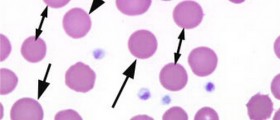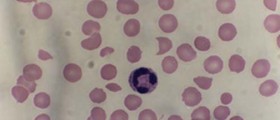
Causes of jaundice in newborns
Jaundice occurs due to the excessive increase of the pigment bilirubin in the blood. The reason for this is the inability of the liver of a newborn to cleanse the blood from the bilirubin in a timely manner. This is either caused by an enhanced level of red blood cells in the body of a newborn baby or because the process in which the liver gets rid of the bilirubin is much slower in infants than in adults.
General attitude towards jaundice in newborns
As it has been said, jaundice is quite frequent in newborns especially if they are prematurely born. It is also more characteristic for the babies which are breastfeed than the ones who are not. In the majority of cases jaundice is not something to be alarmed about. It is completely harmless and it does not require any treatment whatsoever as it goes away on its own in less than two weeks.
Possible consequences of jaundice in newborns
However, one should start worrying about jaundice if more than two weeks go by and it still does not retreat. Also, if jaundice presents itself more than a week after the birth it is not a very good sign either. Another symptom of complications is a white stool. Should any of these symptoms occur individually or combined one has to contact a doctor immediately.
The usual way to deal with overdue jaundice is by phototherapy. Phototherapy is a procedure which uses light in order to accelerate the elimination of bilirubin from the blood. Some other times a blood transfusion is performed so that the baby’s blood is switched with the blood that is clear of bilirubin.
These are all moderately serious complications, but there is one extremely dangerous complication called kernicterus, in which jaundice spreads to the brain, leading to brain damage and even death. This occurrence is very rare. Some of the symptoms of kernicterus include weariness, irritability, abnormality in muscle development, trouble with preserving the posture, occasional breathing problems and seizures. Aside from these basic symptoms some more intense and lasting symptoms may arise as well. These are hearing loss and problems with vision and teeth.

















Your thoughts on this
Loading...